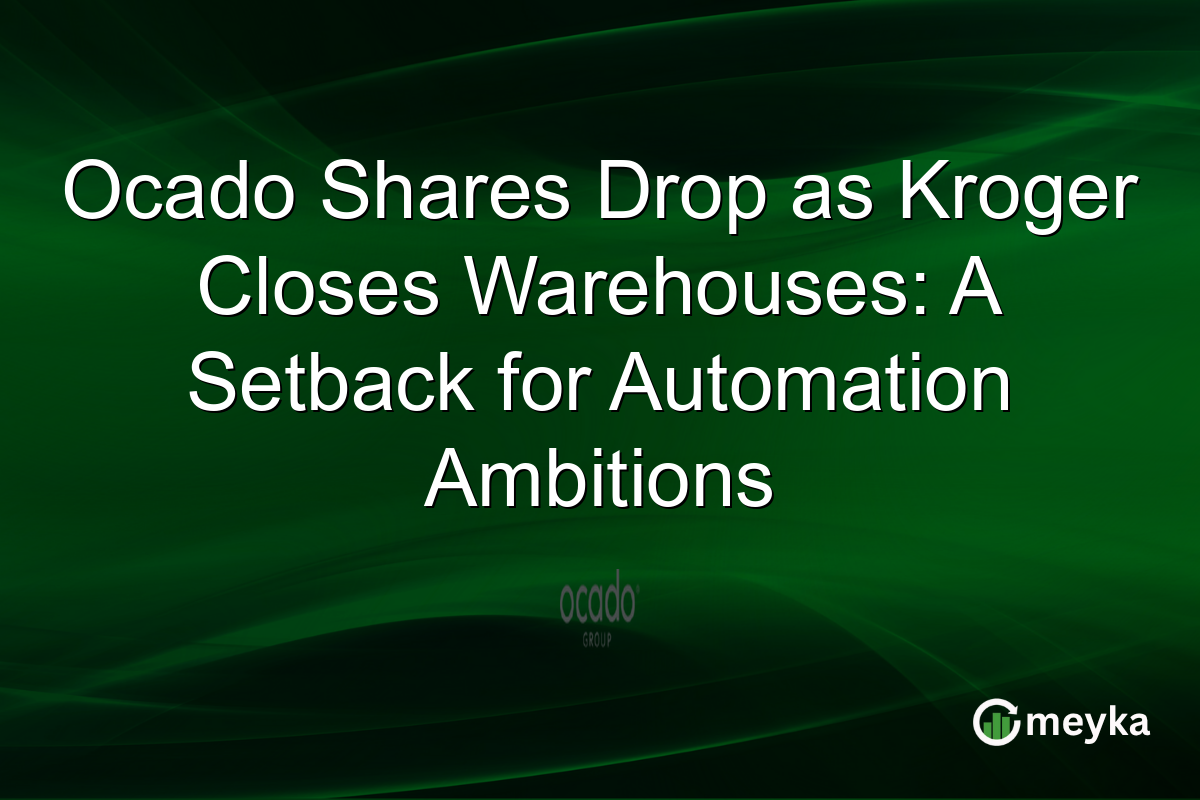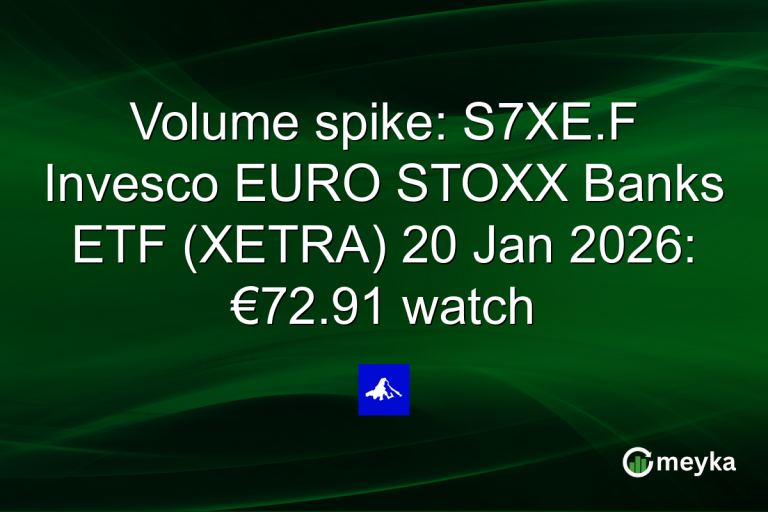Ocado Shares Drop as Kroger Closes Warehouses: A Setback for Automation Ambitions
Ocado shares dropped sharply after Kroger disclosed plans to shut down three warehouses that use Ocado technology. This represents a significant 17% dip for Ocado as of November 19. The news is a critical moment for the UK-based online grocery technology firm and highlights the challenges in proving its automation model in the United States.
Continue Reading on Meyka
This article is available in full on our main platform. Get access to complete analysis, stock insights, and more.
Read Full Article →





